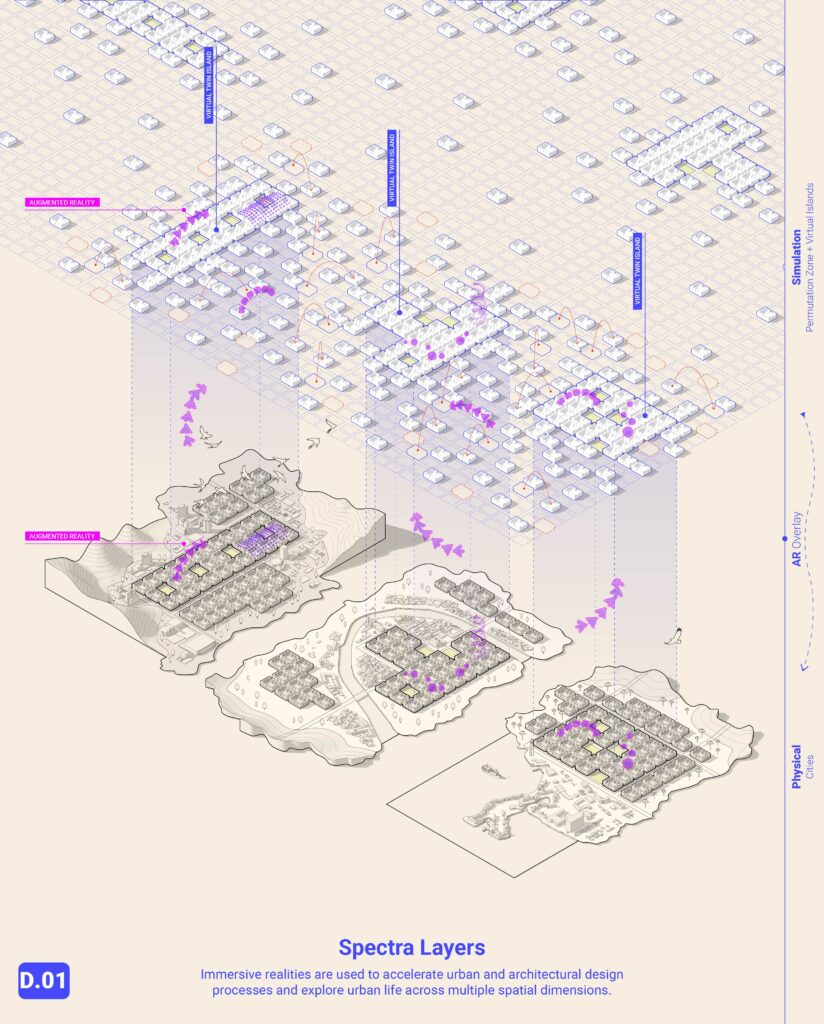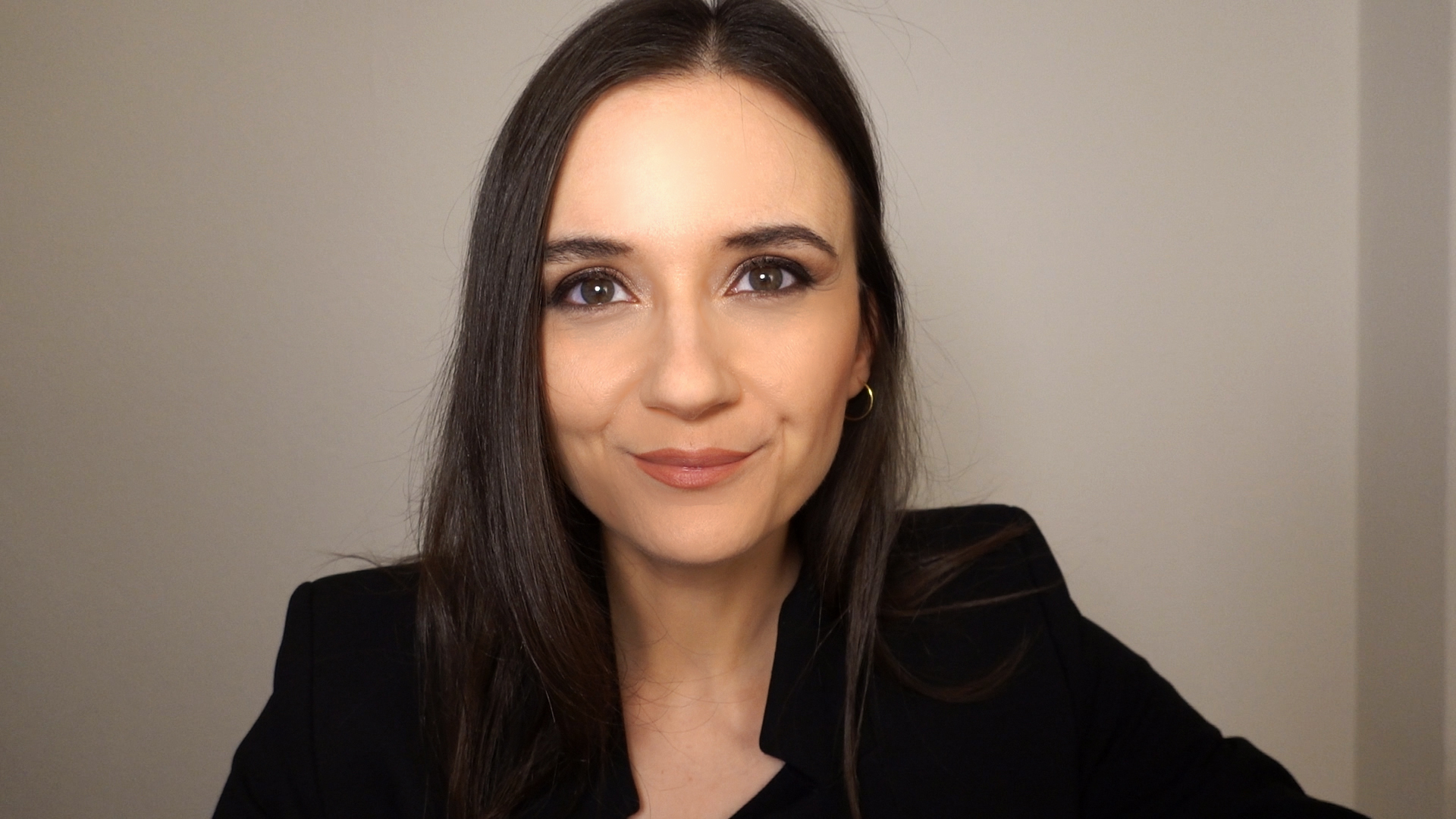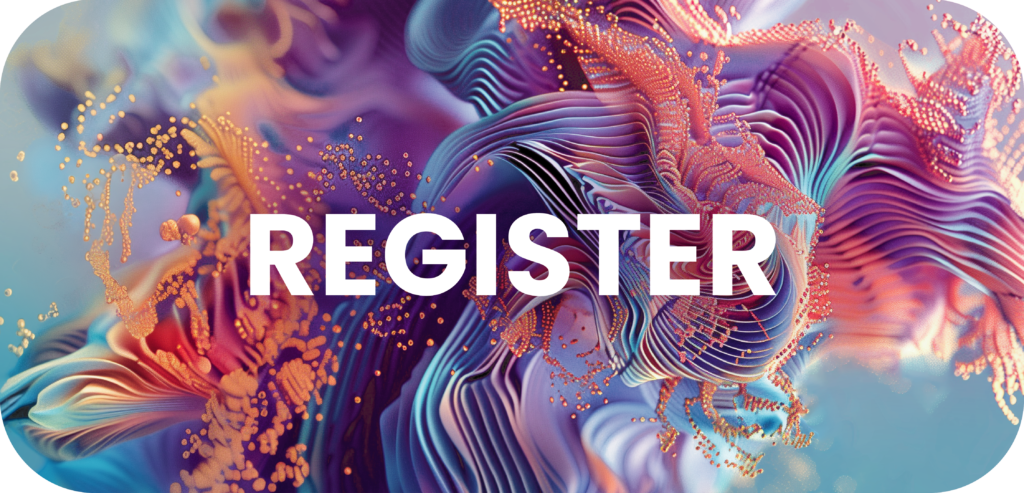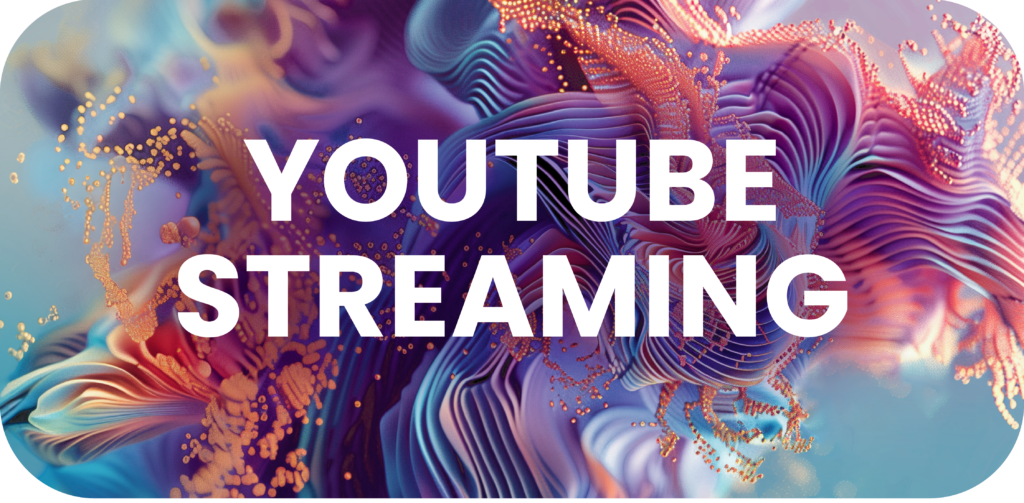Toolmaking for Spatial Intelligence
Instructors: Andreea Ion Cojocaru
Dates: 24 July – 26 July / 12:00 – 14:00 EST / 27 July / 10:00 – 14:00 EST
Themes: Artificial Intelligence, AR/VR
Software: Each attendant can use a software of their choosing to produce diagrams.
Number of Students: 60
Workshop registration open until filled
Description:
Two new technologies have made unprecedented advances in the past few years and they are now embedded in a variety of consumer products: synthetic realities (virtual and augmented) and artificial intelligence. However, the further evolution of these two technological
directions might require a coevolution. Human beings, and all adaptive life forms, rely heavily on their ability to navigate a spatial environment, and to exchange information with it through I/O loops. Currently, common artificial intelligence systems, like
LLM, do not have direct access to the spatial environment. In fact, their derivative nature is such that they are not even aware of it. Virtual and augmented realities, on the other hand, and the HCI elements that they rely on, owe their efficiency almost
single handedly to mechanisms of embodied cognition: the organism’s ability to not just orient itself in space, but to use the environment as an integral and active part of its sense-making mechanism.
Architecture and other design fields have a deep discipline-specific understanding of spatial affordances, and employ design methods that incorporate concepts of information, exchange and behavioral affordances. At the intersection of these fields and the technical
implementation of AR/VR and AI, a new area of study and practice is now emerging: spatial intelligence. This workshop aims to set up a foundational basis for this field within a framework of “toolmaking”. This framework invites participants to engage with
a conceptual understanding of this material while simultaneously testing it by asking the question “If this … is so, what tool could you build in order to…?”.

Detailed Schedule :
Day 1: 07/24 | 12:00 – 14:00 EST | Lecture + Q&A
The two target technologies, spatial computing and AI – a “the human reality is a spatial reality” approach
Day 2: 07/25 | 12:00 – 14:00 EST | Lecture + Q&A
Areas of interest – the built environment, the socio-affective sphere, technocapitalism and the anthropocene
Day 3: 07/26 | 12:00 – 14:00 EST | Lecture + Q&A
Toolmaking – a look at the state of AR/VR and AI technologies today from the perspective of software development and hybrid approaches for designing instruments of change
Day 4: 07/27 | 10:00 – 14:00 EST | Student Presentations + discussion
Students will present diagrams that illustrate an example of potential practical implementation of a tool for change based on the intersection of AR/VR and AI.

Andreea Ion Cojocaru:
Andreea Ion Cojocaru is a licensed architect, software developer, and the co-founder & CEO of NUMENA, an award-winning German company. Andreea works at the intersection of design and immersive technologies to explore new approaches to cognitive and spatial challenges. She believes that by expanding the possibilities and affordances of spatial experience, we are expanding and redefining identity, subjectivity and modes of collective being. Andreea was formally trained as an architect at MIT and Yale, where she was awarded the AIA Gold Medal for best graduating master student by the American Institute of Architects. Prior to NUMENA, she gained professional experience at Kohn Pederson Fox and Robert A.M. Stern in New York. She is the recipient of numerous fellowships and a frequent guest speaker at events in the XR space.


